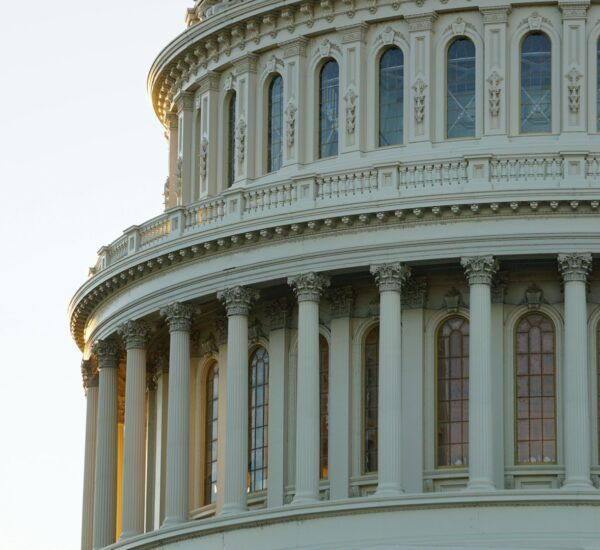Who expected AOC to do this?
In a surprising turn of events, two Millennial congresswomen, one from the Republican Party and the other from the Democratic Party, have come together on an unlikely piece of legislation aimed at capping credit card interest rates at 10%. This idea, which has previously been championed by former President Donald Trump during his 2024 campaign, is being spearheaded by Rep. Anna Paulina Luna (R-Fla.) and Rep. Alexandria Ocasio-Cortez (D-NY), both 35 years old. The two lawmakers, typically on opposite ends of the political spectrum, introduced the legislation to curb the burden of high credit card interest rates that have long affected American families.
Rep. Luna expressed her frustration with the current system, stating that credit card companies have taken advantage of working-class Americans by imposing excessively high interest rates. She believes that it’s time for change and a reasonable cap is necessary to ensure financial fairness for the American people. “For too long, credit card companies have trapped Americans in a cycle of debt,” Luna said. “We need to stop this and set a fair limit.”
This proposed legislation is a direct response to the skyrocketing credit card interest rates, which have nearly tripled since the pandemic. Currently, the average credit card interest rate sits at a staggering 28.71%, according to Forbes. Rep. Ocasio-Cortez echoed similar concerns, noting that high interest rates keep working-class Americans stuck in debt cycles. She recalled her past attempts to introduce similar legislation, including a bill in 2019 that aimed to cap rates at 15%.
While the proposal has garnered attention, it has also faced criticism from financial experts and institutions. The American Bankers Association has warned that setting an artificial cap on interest rates could lead to a reduction in the availability of credit for millions of Americans who depend on credit cards for short-term financial needs. They point to examples from Oregon and even Chile, where similar policies led to a decrease in access to credit.
Critics argue that imposing such a cap could lead to unintended consequences, like restricting the availability of credit, especially for those with low credit scores. Financial experts, such as Arpit Gupta from New York University and C. Kirabo Jackson from Northwestern University, have expressed concern that the proposed cap is too low and could limit access to credit, especially for lower-income families.
However, supporters of the policy highlight that credit card interest rates remain far higher than the Federal Reserve’s benchmark rate, which currently hovers between 4.25% and 4.50%. They argue that capping credit card interest at 10% would restore fairness and ensure that working-class families are not exploited by powerful financial institutions.
Despite some backing from both sides of the aisle, the legislation faces an uphill battle in Congress. Whether this policy will gain traction in Washington or be adopted by a future administration remains to be seen. But for now, the unlikely duo of Luna and Ocasio-Cortez is shining a spotlight on an issue that continues to burden everyday Americans.







Watch out for a trick. We can’t trust Occasional Cortex as far as we can throw her.